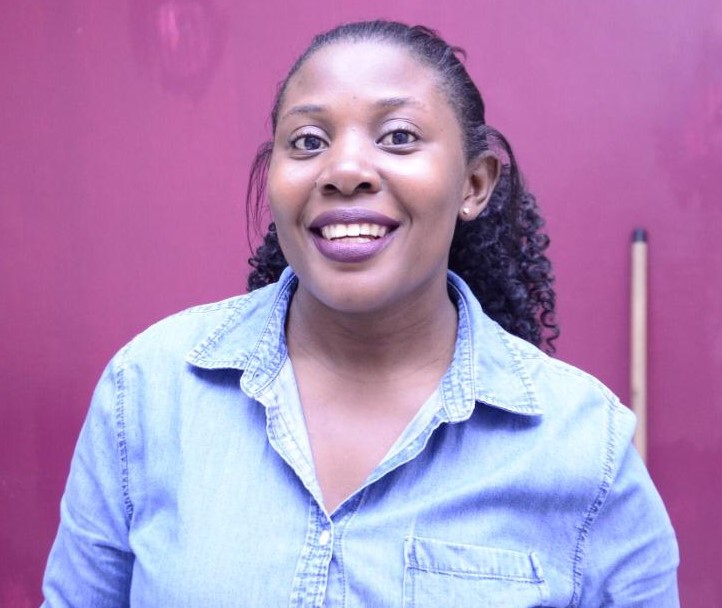Last week I read an article in the papers that highlighted the worrying number of teenage mothers in the Busoga kingdom. This comes barely a month after another report indicated that 7000 teen mothers were registered in Kamuli district alone in 2018.
In Uganda today, boys and girls, aged 10-24 transition into adulthood through citizenship, work, marriage or parenthood. For many girls however, adolescence marks an accelerating trajectory into inequality as it exposes them to early or forced child marriages, non-consensual sex, teenage pregnancies, gender based violence, among other challenges. For instance, one in every four girls aged 15 -19 years is already a mother or pregnant with her first child (UBOS 2016). Teenage mothers are also more at risk of pregnancy related complications and disabilities before, during and after child birth. In addition, Stillbirths and newborn deaths are 50% higher among infants born to young mothers than among infants of mothers between the ages of 20 and 29.
For many of these girls, pregnancy and all the challenges they experience have little to do with informed choice. Often, it is a consequence of discrimination, rights violation, inadequate access to age appropriate and accurate sexuality education, sexual coercion, limited access to contraceptive services among other health services.
For these transitions to be successful, and for young people to fully experience their adolescence and youthfulness, they need to be empowered with health information, education, assured safety, accessible health services and opportunities for engagement.
While I appreciate the Busoga Kingdom and their partners, for the great initiative of establishing a rehabilitation shelter for the teen mothers, I think this remedy is rather curative. The kingdom needs to invest in sexual and reproductive health, for young people to have a successful journey through this critical period. The right investments will keep young people, especially girls, in school; help them start productive working lives; prepare them for their responsibilities as citizens; foster healthy relationships between men and women; and encourage young people to delay childbearing, make informed decisions about child spacing and the number of children they can take care of.
I commend the Kingdom for appreciating the contribution of the private sector in solving issues affecting young people in the region. I would like to further recommend, that the Kingdom continues to explore the multi-sectorial approach, through engaging government line ministries, duty bearers, media, civil society and gatekeepers in the communities including parents and teachers, to equally take on this responsibility.
Finally, I call upon all cultural institutions across Uganda, to appreciate the need to promote the sexual reproductive health and well being of young people, and press for the institution and implementation of supportive and responsive policies and guidelines including; the school health policy, the national adolescent and youth policy, the SRHR policy, the national sexuality education framework and the national strategy to end child marriage and teenage pregnancy. The availability of a supportive and responsive sexual reproductive health policy environment will enable Uganda to achieve the national and global aspirations that Uganda has committed to.
Kukundakwe Annah
The writer is a human rights and sexual reproductive health advocate and Program Associate at the Center for Health, Human Rights and Development (CEHURD).

